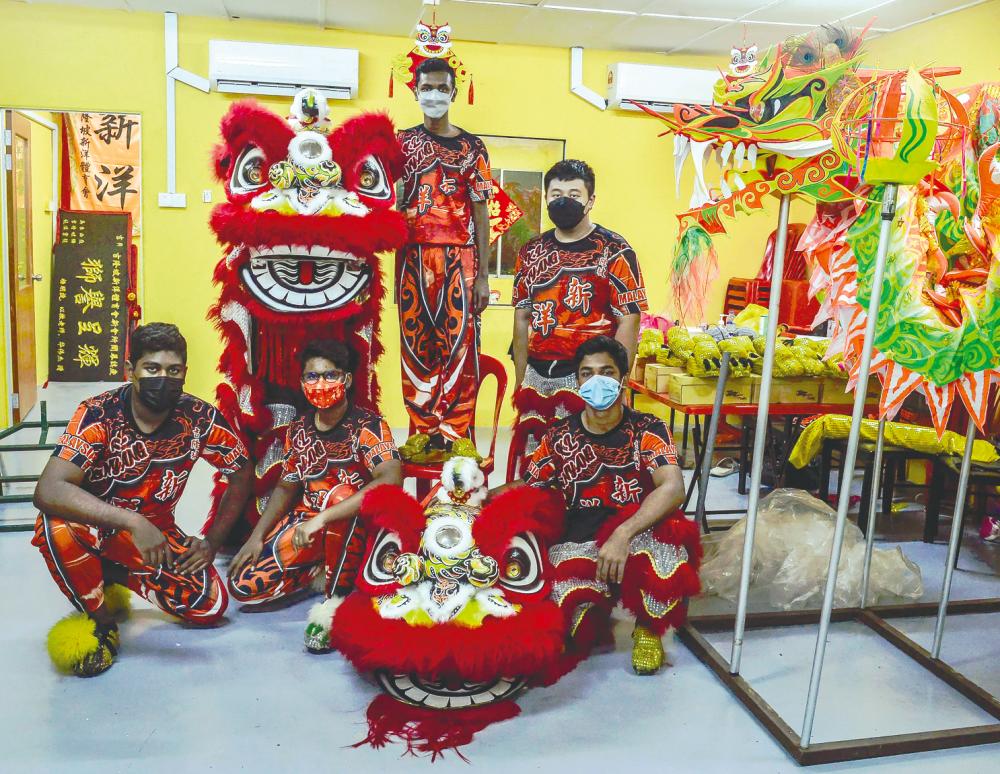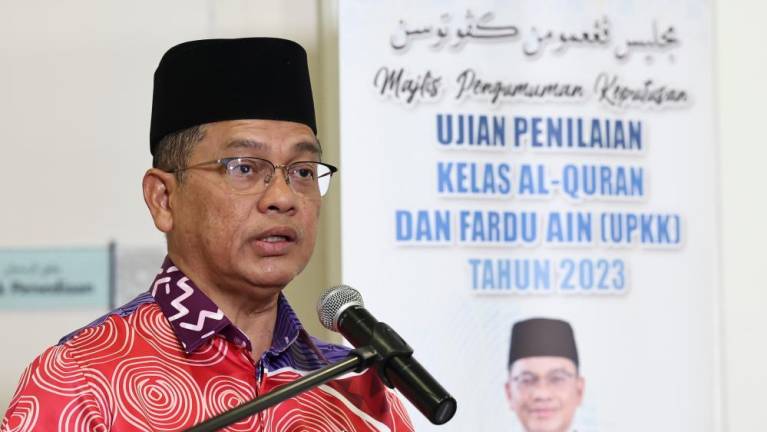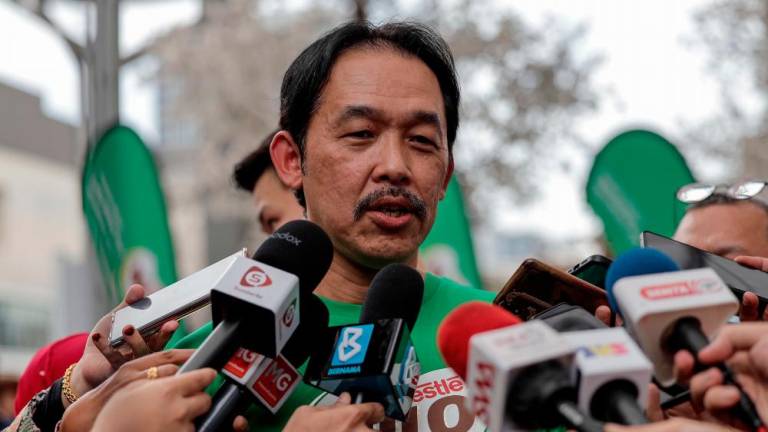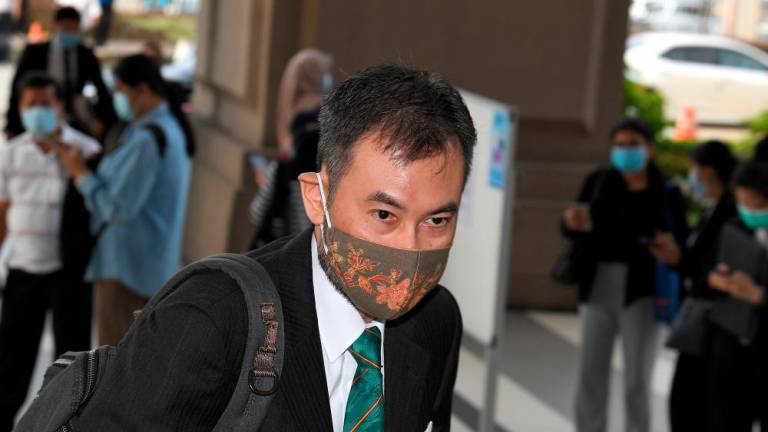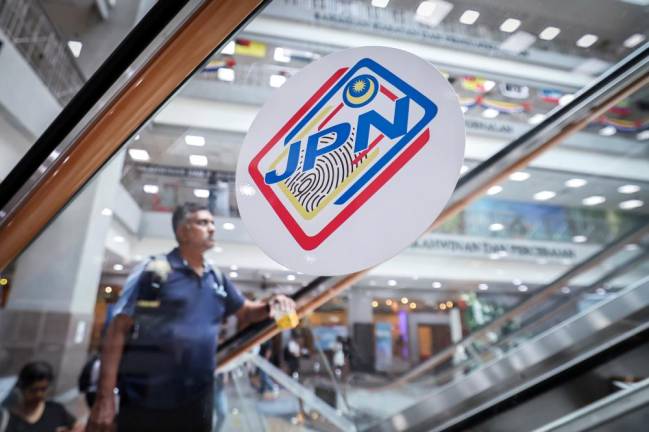PETALING JAYA: Chinese New Year is a busy time for siblings G. Praveen Raj and Kughaneshguna, and their friend P. Dheena.
In the days preceding the festival and for up to two weeks after, they join several others to perform acrobatic feats to the beat of drums and cymbals.
The trio are members of a lion dance troupe from the Malaysia Xin Yang Dragon and Lion Dance Association.
While the lion dance has its origins in Chinese culture, the participation of non-Chinese has become increasingly common every Lunar New Year as racial barriers in the country become irrelevant.
The lion dance has become so ingrained among Malaysians that it is no longer regarded as exclusive to the Chinese, said National Unity Advisory Council member Tan Sri Lee Lam Thye.
He added that the participation of the various races in Malaysia in the festivals of other cultures was a significant development in the journey to unity in diversity.
The three Indian boys showcase that direction.
Eighteen-year-old Praveen started performing six years ago while 14-year-old Kughaneshguna began at the tender age of eight.
Dheena, 17, cultivated a keen interest in lion dance when he was just a little boy.
The trio spoke to theSun during a break in a series of performances last Sunday, and said the issue of them indulging in Chinese tradition does not arise at all.
Praveen said his first encounter with lion dance came when he was 13.
“A troupe had visited my school to look for boys who were interested in learning to do the lion dance. I thought it would be fun, so I signed up.”
For Kughaneshguna, it was his brother’s influence that brought him onboard.
“When I saw him perform at shopping malls, I felt I had to also be a part of it.”
Praveen said the “sifu”, or master of the troupe, “received us with open arms”.
The two brothers also had the blessings of their parents.
Dheena, who goes to the same school as Praveen, said he decided to join the troupe after learning that Praveen had signed up.
He said the experience has also taught him a lot more than acrobatics and dance.
“I learned to cope with the struggle and hardship of becoming a performer,” he said.
“It is not an easy task, given the many steps to memorise.”
Joining a lion dance troupe has also taken them places. Dheena said they have gone as far as Penang to perform and to take part in lion dance competitions.
The trio’s keen interest has also endeared them to their Chinese friends in the troupe.
Fellow performer Justin Ng Yu Qiao, 18, said he is delighted to be performing with his Indian friends.
“We train and perform together, going through the difficult times as a family.”
Ng said the participation of his Indian troupe mates proves that the lion dance culture is for everyone, regardless of race.
Team manager Randee Chua, who is also the “sifu”, said lion dance is now regarded as a sport.
“You must be fit and athletic to master it,” he said, adding that there were 15 Indian, 20 Chinese and one Malay team members in his troupe.
“The door is always open. It does not matter whether you are Malay, Chinese or Indian.”
Chua said his performers are mainly schoolboys.
“This is a great way for them to learn discipline, dedication and respect while they work together.
“This is better than wasting time in cyber cafes or on online video games and snooker centres,” he added.



